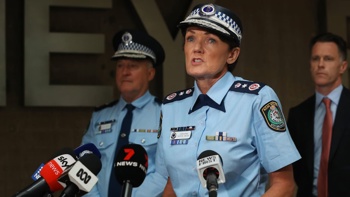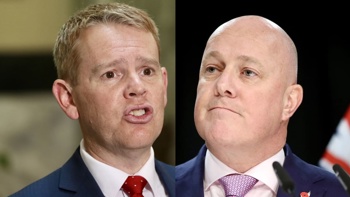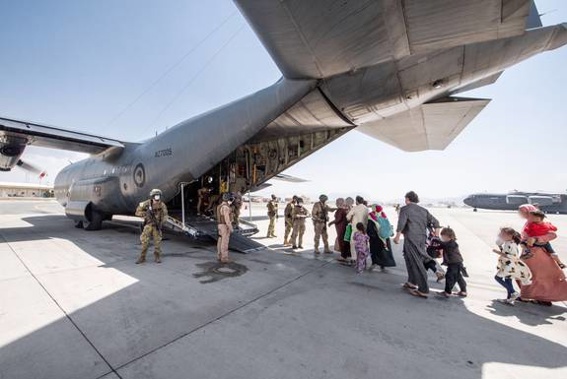
The Government has today defended its response to the fall of Afghanistan back into Taliban hands, repeatedly raising "complexities", while also citing the 900-plus people who have made it to New Zealand.
But it also admitted that of the approximate 940 people evacuated from Afghanistan since August, when the country was dramatically taken over by the Taliban regime, just 205 of them have been put up in permanent housing.
Immigration Minister Kris Faafoi told the Foreign Affairs, Defence and Trade Committee briefing today on the Government's "response to recent events in Afghanistan" that housing was proving a major issue.
He wouldn't say exactly where the 700-odd Afghan evacuees were being housed, other than "at a facility in Auckland", citing security reasons. It was not a hotel, he said.
"They are being looked after well," Faafoi said.
"The measures put in place are keeping them safe."
Officials expect another 100 people to arrive over the next week or so.
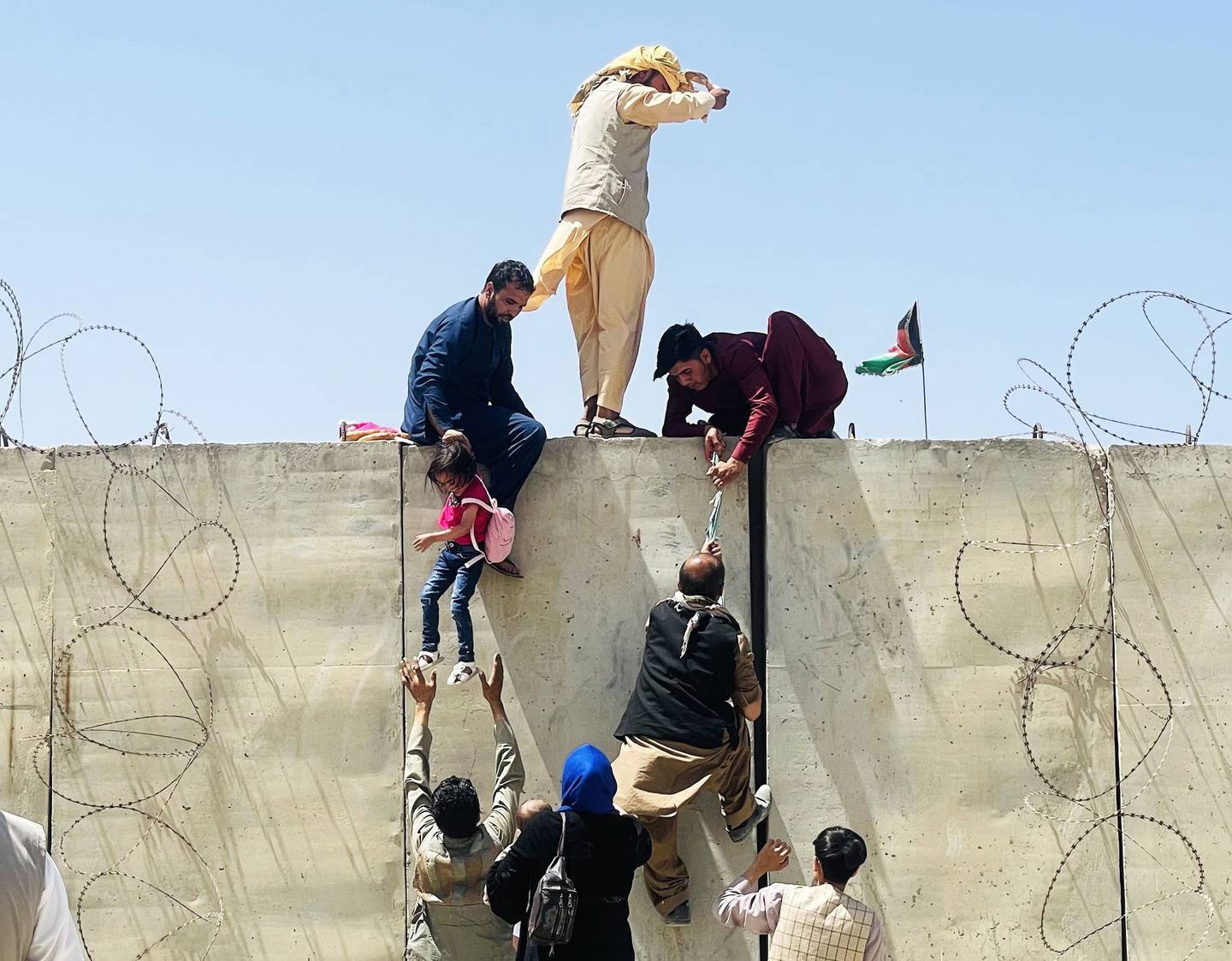 There were desperate scenes with thousands of people trying to flee Kabul via its international airport. Photo / Getty Images
There were desperate scenes with thousands of people trying to flee Kabul via its international airport. Photo / Getty Images
Around 1300 visas have been granted, and there remains around 50 New Zealand citizens and 615 eligible visa holders still in Afghanistan.
The revelations came during the briefing where Faafoi and Foreign Minister Nanaia Mahuta repeatedly rejected criticisms over their response and allegations they had been "late to the table".
"The intelligence that was being received in the lead-up to the regime coming into power didn't suggest it was going to happen that quickly," Faafoi said.
"We were getting the same intelligence that everyone else was getting, and in the midst of that happening, a number of ministers including myself were talking to counterparts in other countries who were having precisely the same issues with identity verification." 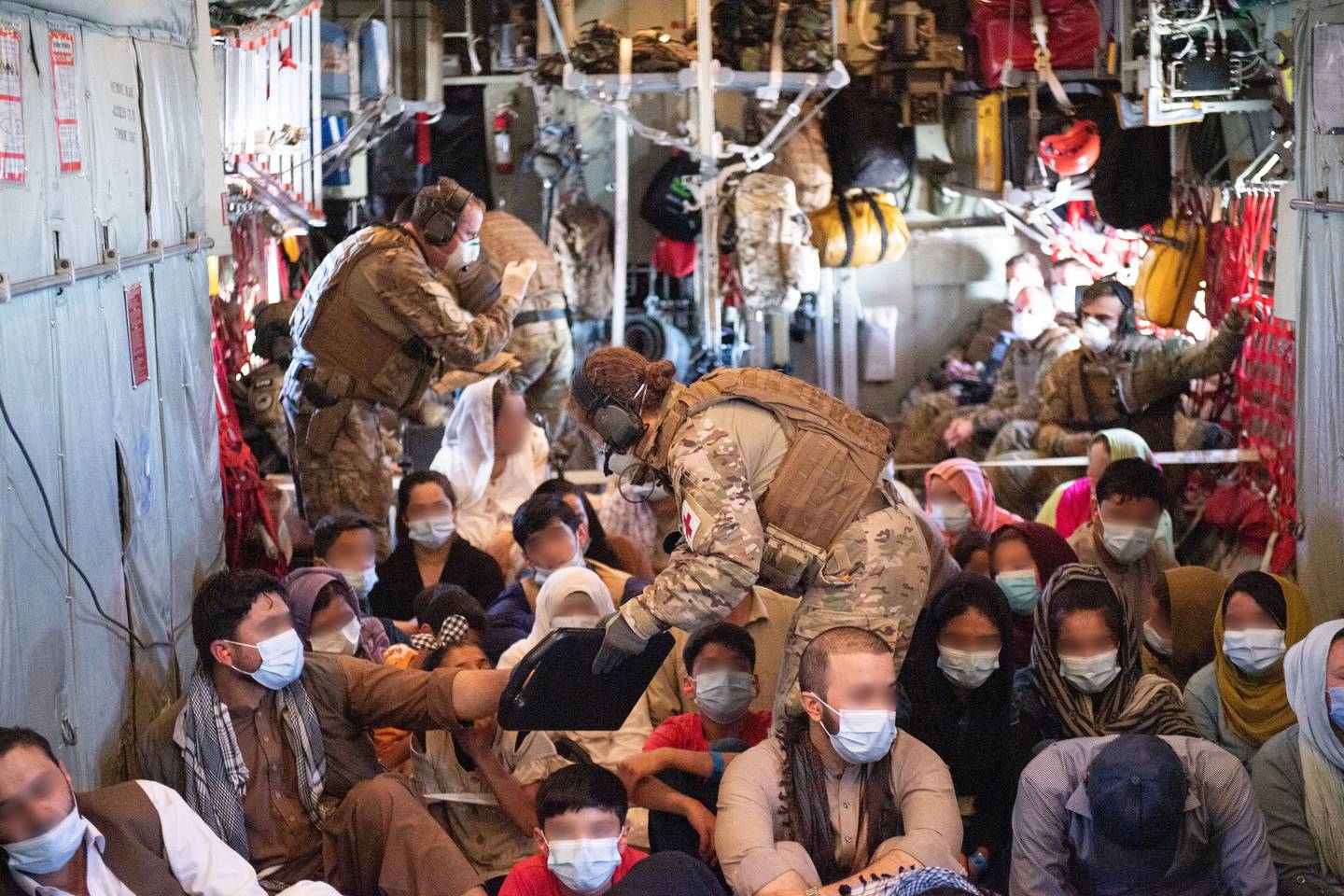
Inside the RNZAF C130 after its first mercy dash in and out of Kabul's airport. Photo / NZDF
It had been a "Herculean effort" to process as many visas as they did during what was a crisis, Faafoi added.
Mahuta said many people stuck there are making their own way to "third party countries".
Last week, New Zealand's special representative to Afghanistan, Ambassador Matthew Hawkins met with the Taliban, the briefing heard, and that they had been advocating for safe travel for them, as well as raising concerns over the treatment of women and girls.
Hawkins is also liaising with the third party countries to try and help get people out safely.
"I don't think we should underestimate just how complex the situation is," Faafoi said.
A UK Commons foreign affairs select committee has this week heard from a former government employee who claimed the British effort to evacuate people from Afghanistan was chaotic and understaffed.
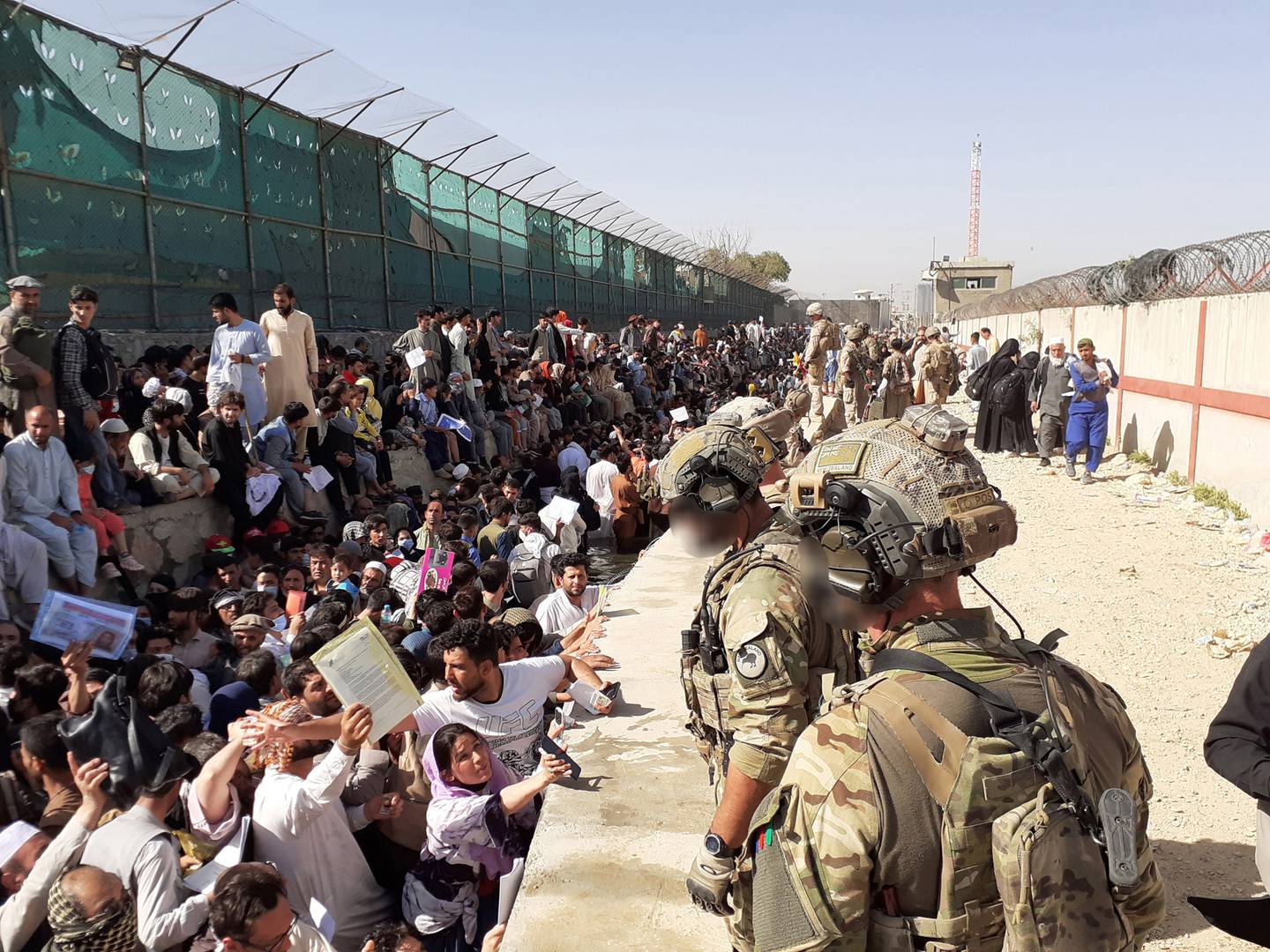
NZDF personnel operating in the security area controlled by coalition forces. Photo / NZDF
Raphael Marshall, who worked as a desk officer at the Foreign, Commonwealth and Development Office (FCDO), claimed that "between 75,000 and 150,000 people", including their dependents, applied to be evacuated from Afghanistan after the Taliban claimed victory on August 15 – but that "fewer than 5 per cent of these people received any assistance".
At an August 31 Foreign Affairs, Defence and Trade Committee briefing on the Government's response to Afghanistan, New Zealand's chief of defence Air Marshall Kevin Short admitted Five Eyes intelligence never envisaged the total collapse of Afghanistan's military.
Just hours after the Taliban fired celebratory gunfire into Kabul's night skies when the final US plane flew out of the country after 20 years of war, the New Zealand Government was picking over its handling of the dramatic past few weeks.
Leading up to the fall of Kabul on August 15, the Five Eyes intelligence network was giving daily intel reports.
But although it was clear that the Taliban were taking swathes of ground across the country, the US and other partner nations never thought the capital Kabul was in danger.
"What no one predicted was the absolute collapse of the Afghanistan military itself," Short said.
Take your Radio, Podcasts and Music with you






